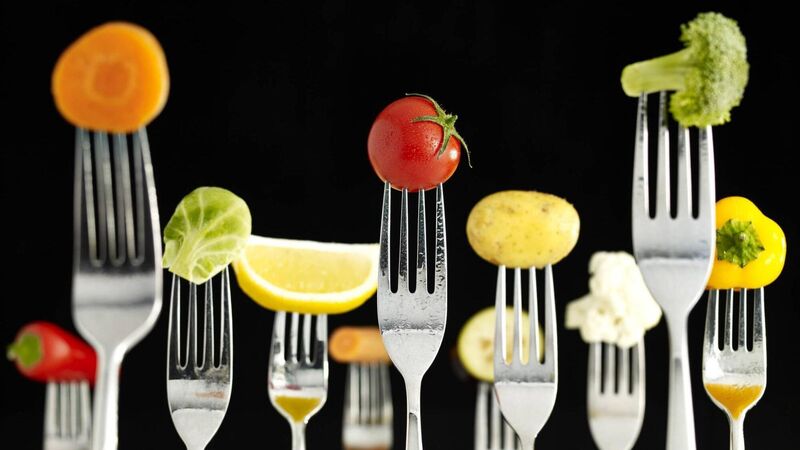Inflammation: How to eat to regulate immune responses

Picture: iStock
Eat this because it’s anti-inflammatory. Avoid that because it’s pro-inflammatory. Most of us have heard this advice but do we know what inflammation is?
Luke O’Neill, from the School of Biochemistry and Immunology at Trinity College Dublin, says it’s a normal process that happens when you’re infected with bacteria or a virus or injured yourself, such as spraining an ankle: “It’s designed to bring immune cells to the affected area to fight the infection and repair the damage.”











